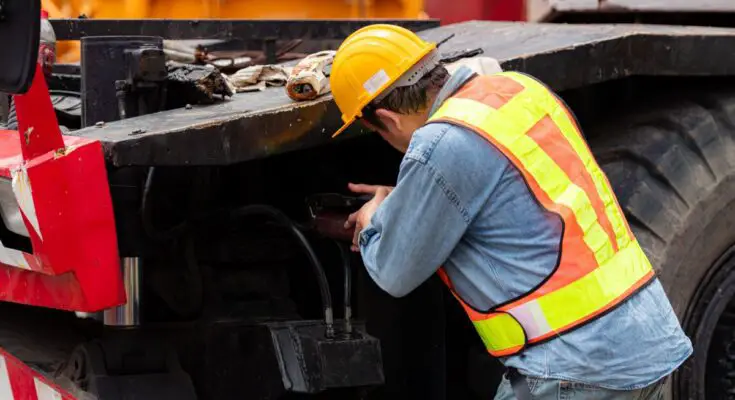If you work with heavy machinery, you know that keeping these powerful beasts running smoothly is no small feat. One key element to ensuring their performance and longevity is lubrication. Just like oil in a car engine, heavy machinery relies on proper lubrication to run efficiently. In this guide, you’ll discover why lubrication matters for heavy machinery and how it can dramatically affect your operations.
The Basics of Machinery Lubrication: What It Does and How It Works
First, let’s explore the basics of lubrication. It plays a crucial role in reducing friction between moving parts, minimizing heat, and preventing corrosion. When applied consistently, lubrication forms a protective barrier that enables machinery to operate effectively and efficiently. When you understand how it works, you can better appreciate its critical function in maintaining equipment health.
Enhanced Performance and Longer Lifespan
Now, why does proper lubrication matter so much? For starters, it enhances performance and efficiency. Lubricated machines run smoother, consume less energy, and deliver optimal output. But that’s not all; it also prolongs machinery lifespan. Regular lubrication prevents the buildup of dirt and debris, which is a common undercarriage issue that can cause excessive wear. This reduction in wear significantly extends the life of your equipment.
Improved Safety and Cost Savings
Safety is another crucial benefit of proper lubrication. Well-lubricated equipment is less likely to malfunction, reducing the risk of accidents and ensuring a safer working environment. Cost savings are perhaps the most enticing benefit. Fewer breakdowns mean lower repair costs and less downtime, leading to substantial financial benefits over time.
Common Lubrication Mistakes To Avoid
That said, there are common lubrication mistakes that you should take care to avoid. Over-lubrication can cause as many problems as under-lubrication, leading to leaks and inefficiencies. Using the wrong lubricant can damage your machinery, so always adhere to manufacturer recommendations. Ignoring these guidelines can affect machinery performance and void warranties.
Maintenance Best Practices for Heavy Equipment
Regular inspections are vital to maintain proper lubrication. Check machinery frequently to ensure everything is adequately lubricated. Scheduled lubrication should become part of your routine, as it helps keep machinery in peak condition. Keeping detailed records of lubrication schedules and types used can make maintenance more manageable and efficient.
Understanding why lubrication matters for heavy machinery is essential for anyone involved in industrial maintenance. Proper lubrication is not just about keeping things running smoothly; it’s about prioritizing safety, performance, and cost-effectiveness. By applying these insights and avoiding common pitfalls, you can ensure your machinery operates optimally.



